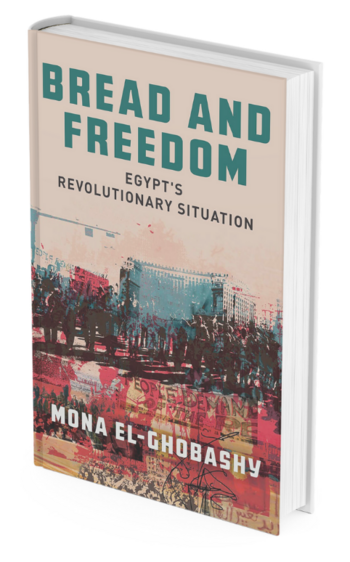Click here for a transcript of "Understanding the Global Rise of Authoritarianism."
On the inspiration for the book:
I wanted to investigate this trend of nationalist authoritarianism through the prism of people, particularly [people] in opposition who are living it. I ended up looking at Hungary, Russia, China, and the U.S., all of which I think are representative of a kind of a different flavor of the same authoritarian trend that we're getting. That's really what the whole book is: me pulling on this thread of what is the interconnection between why this is happening, and how are people thinking about it? How can I approach it not as just pure analysis, but through the stories of these human beings?
On why nationalism and authoritarianism is spreading globally:
The first was the excess of globalization, the excess of capitalism, and the creation of exploding inequality happening at the same time that globalization is kind of encroaching on people's national identity or tribal identity
Another trend through line was the post-9/11 securitization of the American superpower. When we turn our national purpose into this war on terror, not only do we militarize our engagement with the world, which I think was generally bad for democracy, but we also provide a template and a justification for autocrats to expropriate that for their own purposes.
Then lastly, technology is big difference maker in the sense that these platforms that at first were connecting people became the perfect vehicles for disinformation and surveillance
On China:
China may look different [from regimes like Russia or Hungary], but I don't think they're nearly as different as people think. Right? You have to look at Xi Jinping, first and foremost, as a nationalist Chinese leader, not a communist Chinese leader. And in his brand of nationalism, he's very similar to Putin, and Orban, and Trump, and all the other leaders I could have done in this book.
How did [the Chinese Communist Party] survive post-Tiananmen? They reestablished who they were as a Chinese Nationalist Party. They had been a revolutionary communist party, then they give up a big chunk of the communism to move to capitalism
On authoritarianism in America:
In this country, you have a major political party, that has completely gone off the deep end. They're literally setting up a playbook where they can overturn the results of an election through the laws they’re are passing at the state level. And if Trump does come back, which is a 50-50 proposition, he's clearly going to run and it will be another 50-50 election, right? And even if he loses, maybe they'll succeed this time overturning the result. They will start from such a more advanced authoritarian position than even in 2016 when he was elected.
On the future:
There's a lot of reason to be concerned that the overall trajectory of society globally is still moving in the wrong direction. What makes me optimistic, though, is that I don't believe that that's how most people want to live. And I also find, in most places – not all places, but most places – generationally, there's an overwhelming preference to not live like that. If we can hold the line and weather the storm for the next few years, and begin to figure out some structural things like, I do think we can come through in the backend to a place where the pendulum starts swinging pretty hard in the other direction.










